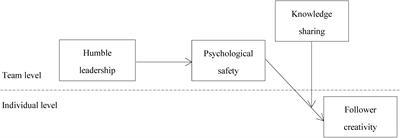EDITORIAL
Published on 17 Dec 2019
Editorial: Fostering Creative Organizations: Antecedents, Processes, and Consequences of Individual and Team Creativity
doi 10.3389/fpsyg.2019.02840
- 2,048 views
- 1 citation
39k
Total downloads
271k
Total views and downloads
EDITORIAL
Published on 17 Dec 2019
ORIGINAL RESEARCH
Published on 04 Feb 2019
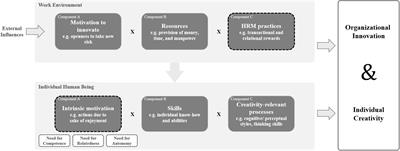
ORIGINAL RESEARCH
Published on 04 Feb 2019

ORIGINAL RESEARCH
Published on 11 Jan 2019
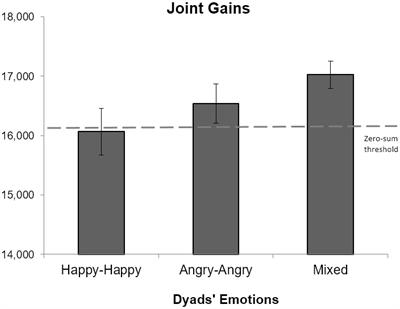
ORIGINAL RESEARCH
Published on 04 Dec 2018

ORIGINAL RESEARCH
Published on 23 Nov 2018
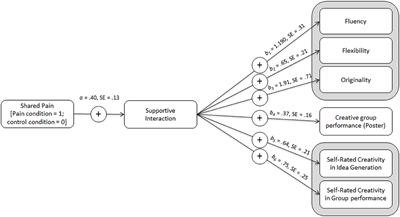
ORIGINAL RESEARCH
Published on 29 Oct 2018
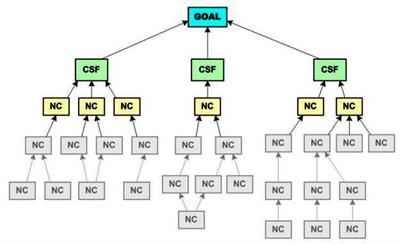
REVIEW
Published on 22 Oct 2018
ORIGINAL RESEARCH
Published on 19 Sep 2018
